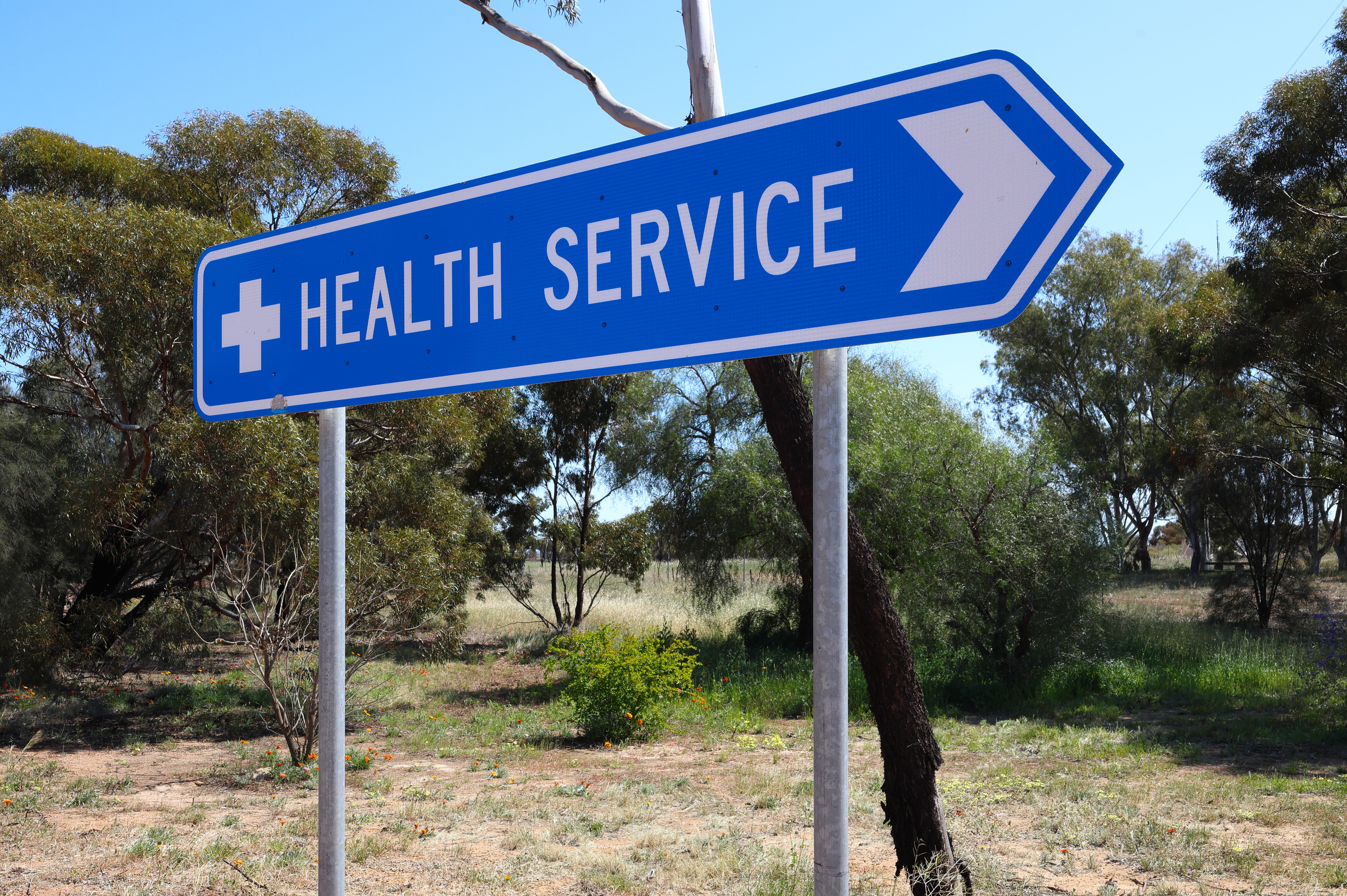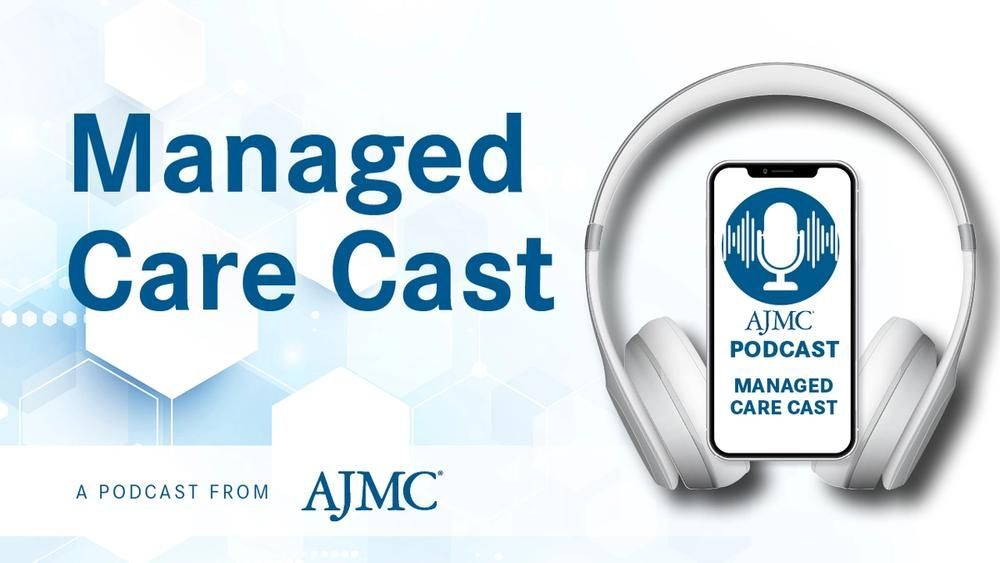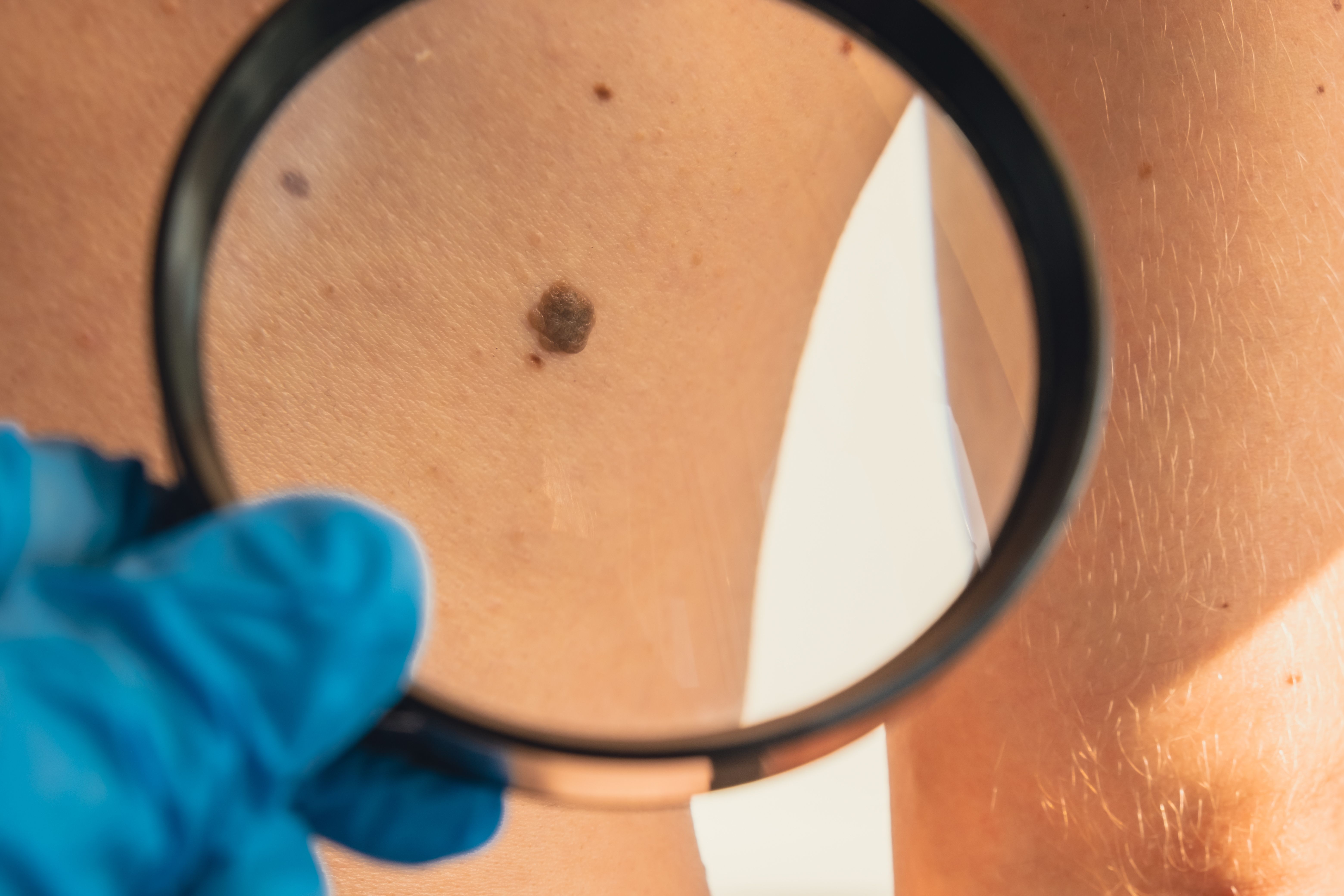Article
Afrezza Gets Label Update; MannKind to Launch New Talks With Payers
Author(s):
The CEO said the changes will finally allow the company to set the inhaled insulin apart from its rivals.
FDA has granted MannKind Corp. a label change for the inhaled mealtime insulin, Afrezza, that CEO Michael Castagna, PharmD, said will let the company set itself apart from rivals for the first time. Castagna said the change will allow a fresh round of conversations with payers about the drug’s advantages, including lower rates of hypoglycemia.
The new label, unveiled early Monday, states that Afrezza shows up in the bloodstream in approximately 1 minute and reaches its first measurable effects at 12 minutes. More importantly, Castagna pointed to a new table that shows how different doses of Afrezza enter and leave the body quickly, which he said will be crucial in explaining Afrezza’s value to doctors and patients.
),
“This will allow stronger wording with the sales force,” Castagna said in an interview with The American Journal of Managed Care® (AJMC® as he discussed plans for MannKind to revamp discussions with doctors about dosing, especially the problem of under-dosing. Castagna has said patients sometimes need more units of Afrezza than the number of insulin units they used in an injected form. The FDA, he said, “wants us to be very specific,” which he described as “a positive surprise.”
The new label also features updated instructions and a new table for titrating the drug, which includes the familiar color-coded insulin cartridges—blue for 4 units of insulin, green for 8 units, and yellow for 12 units—that will help patients new to Afrezza learn what works for them.
FDA had to act Friday on MannKind’s request for a label change, and patients and market watchers spent the afternoon waiting for an announcement. Afrezza enjoys a loyal core of users who tout its benefits online, and some were urging FDA to approve an “ultra-fast-acting” designation, which Castagna himself said was a long shot. While FDA did not add this to the label, Castagna said several key issues were resolved.
Meanwhile, Novo Nordisk announced Friday that FDA had approved its faster-acting insulin aspart, Fiasp, for patients with type 1 and type 2 diabetes to use at mealtime. Novo Nordisk’s Chief Medical Officer for Diabetes in North America, Todd Hobbs, MD, told AJMC® in an email Friday that FDA’s analysis found that Fiasp appeared in the bloodstream in 2.5 minutes.
Castagna said Afrezza acts even more quickly, but the more clinically relevant issue is how quickly it leaves the body—90 minutes for 4 units, and 3 hours for 12 units.
Afrezza’s old label said the drug’s onset was comparable to insulin lispro, which made payers skeptical of its value and created barriers to reimbursement. “We have removed the language that restricted our promotional activity,” Castagna said during a conference call with analysts.
The Afrezza label update is based on data that MannKind presented at the American Diabetes Association Scientific Sessions in June 2016. “These data articulate the rapid-acting nature of Afrezza to address post-prandial hyperglycemia, setting it apart from other mealtime options available to help patients maintain greater control over their blood glucose levels,” said Satish Garg, MD, MBBS, DM, of the Barbara Davis Center for Diabetes at the University of Colorado, in a statement.
FDA retained the safety warning on Afrezza, which advises that bronchospasms have been observed in certain patients who have asthma or chronic obstructive pulmonary disease. Afrezza is contraindicated in those patients, and the FDA also kept a requirement that patients clear a spirometry test before they gain access to the drug. (The product is delivered through a special inhaler that resembles a whistle.)
It would have been highly surprising if FDA altered these requirements, although Castagna said he does hope to address the lung testing requirement in the future. It remains to be seen if this issue is still a barrier for some doctors, now that both Afrezza and Fiasp are approved.
Because Afrezza takes effect within minutes and passes out of the body quickly, advocates for the product say it gives people with diabetes far more flexibility over when they can eat and what foods they can consume, while maintaining glycemic control. But Castagna said endocrinologists have not always appreciated the benefits of rapid-acting insulin and Afrezza’s less conspicuous inhaler, which some patients prefer to use in public instead of an injector. Last year, patients shared similar stories of difficulty overcoming both physician and payer resistance, in interviews for Evidence-Based Diabetes Management™.
Afrezza has traveled a bumpy road both before its 2014 approval and beyond. MannKind had a marketing agreement with Sanofi for Afrezza’s launch, but that relationship was severed after sales fell far short of expectations. The spirometry requirement was viewed as a barrier because few endocrinologists had this equipment, and many were reluctant to try an inhaled product.
The biggest problem in the early going was formulary access. MannKind leaders pressed forward, and sales have improved lately. Castagna’s arrival was key. Before coming to MannKind he spent time talking to patients who were enthusiastic Afrezza users, and he became convinced that the product was a hit—the problem involved market barriers, and a need to better train doctors and pharmacists to properly titrate Afrezza.
In a presentation last week at the Cantor Fitzgerald Global Healthcare Conference, Castagna said that MannKind would look to produce new data on Afrezza to show that the product was underdosed in early pivotal trials. “I believe if you really dose the product, if you look at some of our modeling data, we believe we can have potentially a superior insulin,” Castagna said Monday, according to a Seeking Alpha transcript.
Castagna said he anticipates a new agreement with a major pharmacy benefit manager by January 2018, as well as improved access with other payers, although these changes are typically not announced. Castagna has argued for some time that Afrezza is a “completely differentiated” product from competing mealtime insulins and deserves better consideration.
“Payers don’t turn overnight on anything,” he said. “But if you take the label change, and the fact that we can now use a lot of the data we have, there is clearly a difference between us and other drugs.”





